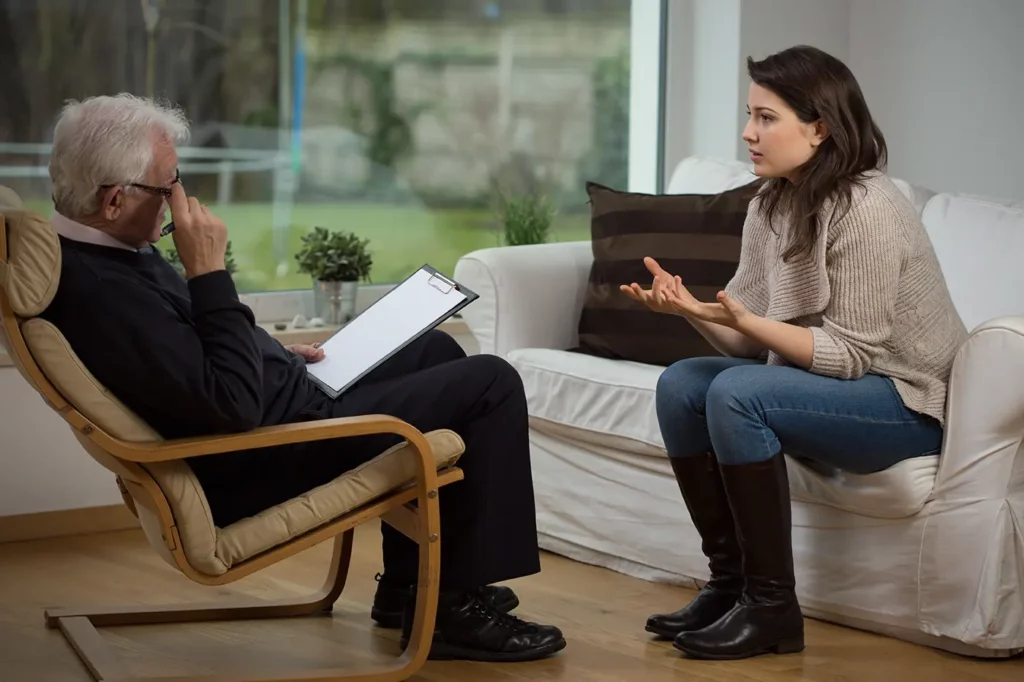24/7 Helpline:
(866) 899-221924/7 Helpline:
(866) 899-2219
Learn more about PTSD Treatment centers in Packwood
PTSD Treatment in Other Cities

Other Insurance Options

GEHA

Coventry Health Care

Horizon Healthcare Service

BlueShield

Regence

Choice Care Network

Carleon

Molina Healthcare

Providence

WellPoint

Lucent

State Farm

Aetna

Health Net

Sliding scale payment assistance

Covered California

Sutter

Anthem

Oxford

Kaiser Permanente






Addictions Associates Therapy
Addictions Associates Therapy is a counseling clinic located in Libertyville, IL. Addictions Associa...

Lake County Behavioral Health – Libertyville Health Center
Lake County Behavioral Health - Libertyville Health Center provides treatment, training and support ...

GCASA
Our treatment services are broad and encompassing. We are licensed by NYS Office of Addiction Servic...

Greater Cincinnati Behavioral Health Services – Clermont Recovery Center
The Greater Cincinnati Behavioral Health Services (GCBHS) – Clermont Recovery Center helps adults an...














Alliance Institute – Treatment of Chemical Dependency
Alliance Institute – Treatment of Chemical Dependency is a private rehab located in Libertyville, Il...

Genesee Mental Health – Child and Family Center
Genessee Mental Health - Child and Family Center, located in Batavia, New York, provides alcohol and...

Mercy Hospital Clermont – Behavioral Health
Mercy Hospital Clermont–Behavioral Health, in Batavia, Ohio, provides mental health services and add...







































